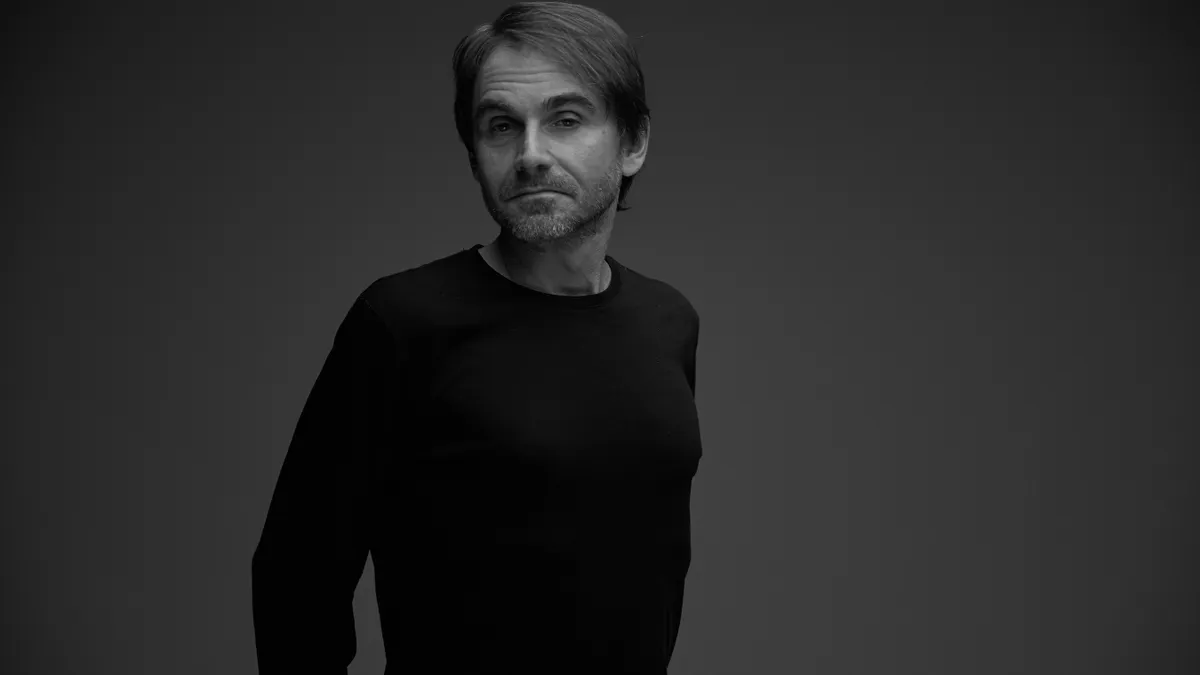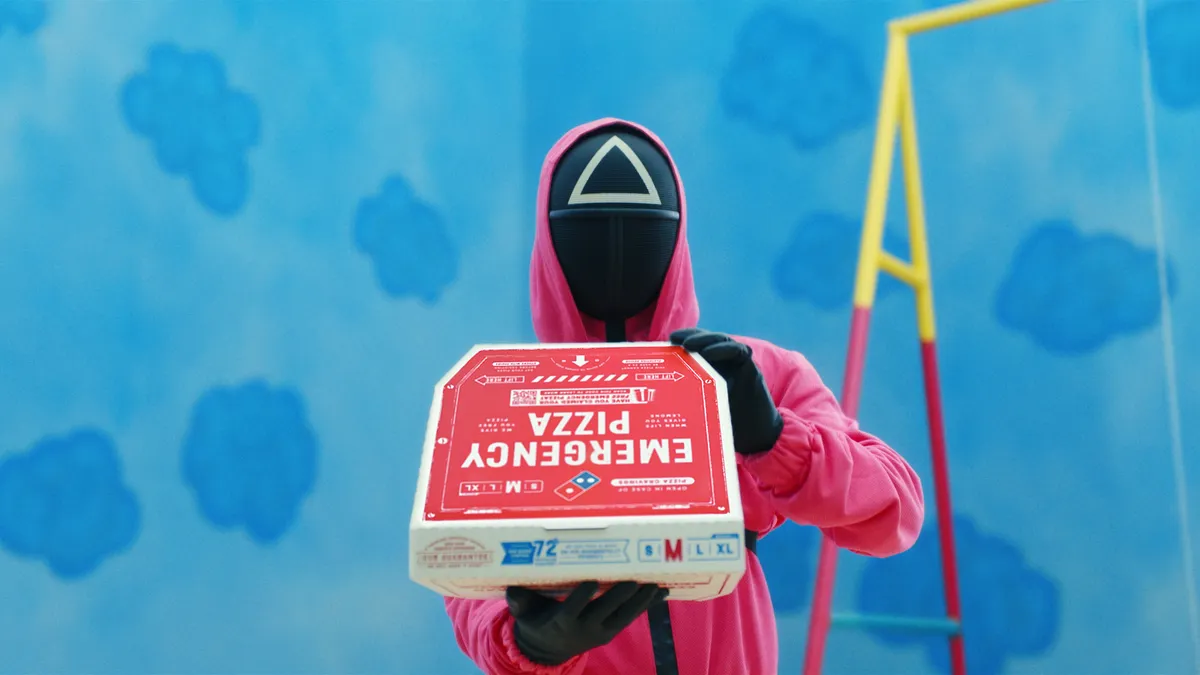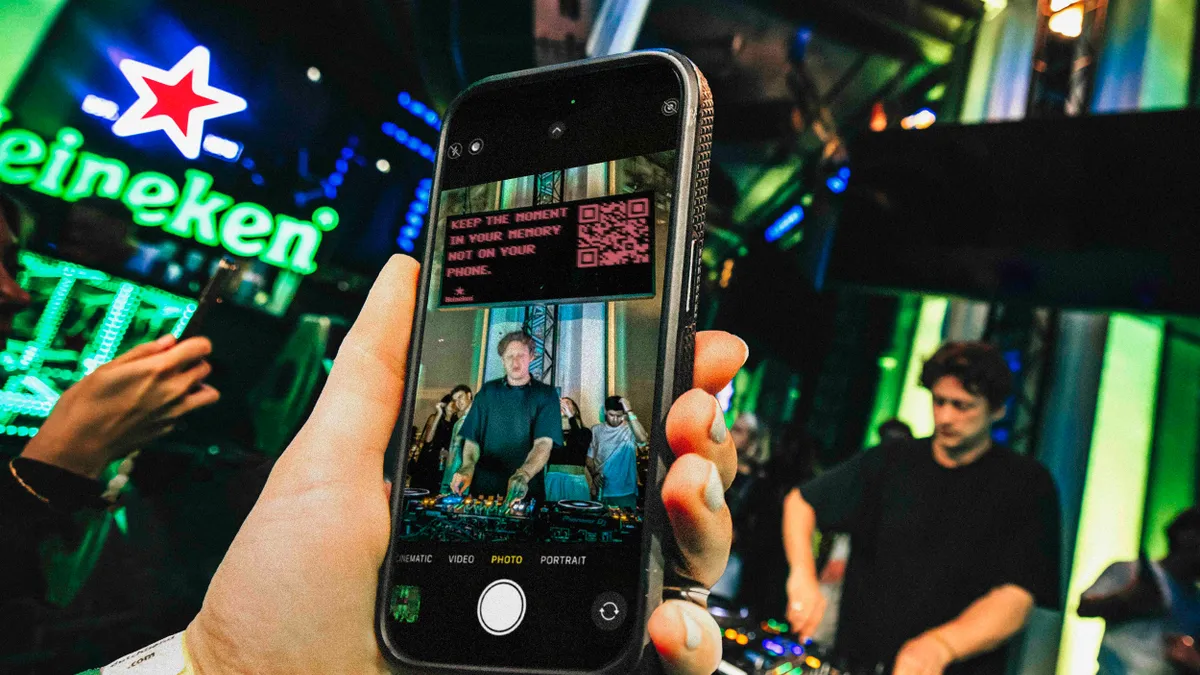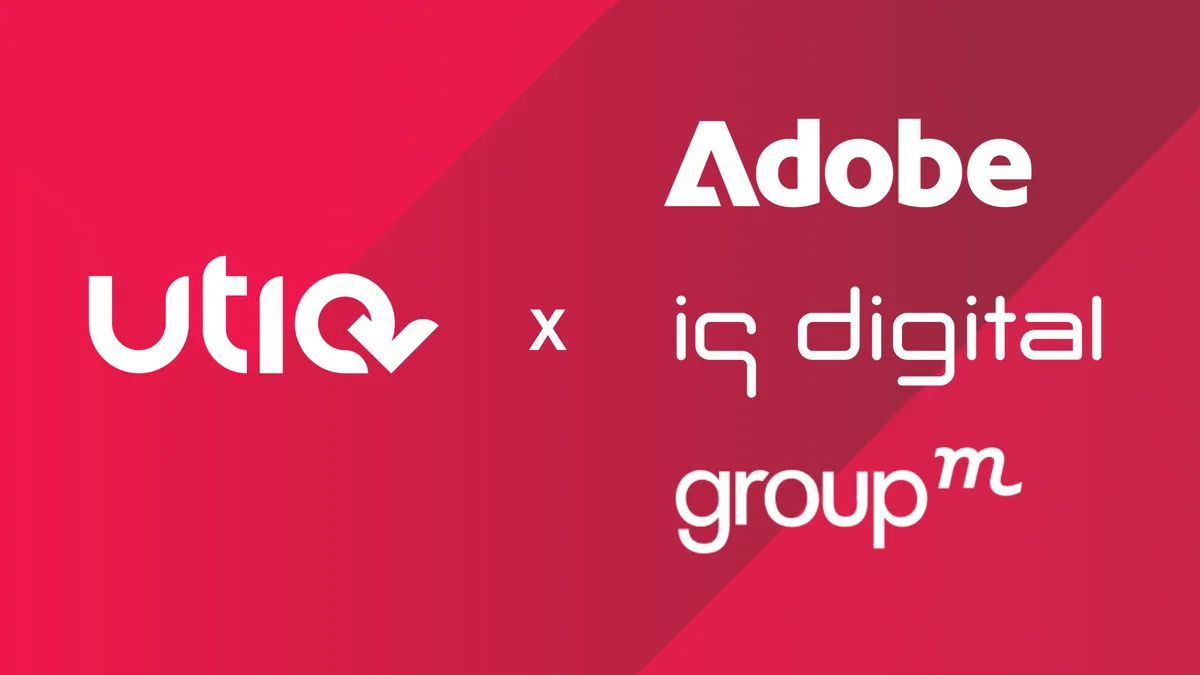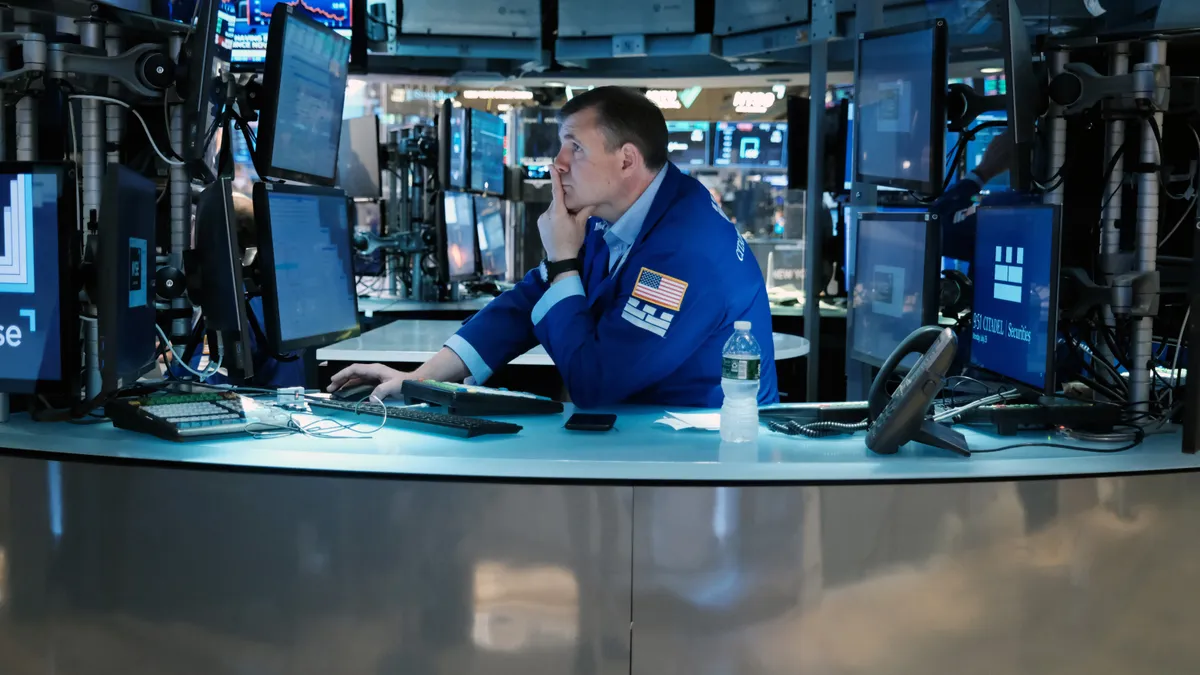For the past decade, David DeCheser worked at R/GA as group executive creative director and served a diverse group of clients including Google, Marvel, Volvo, Verizon and more. His work won accolades from Cannes Lions and Clio, among others, and he has served as a juror for The One Show and the Webby Awards.
But earlier this year, DeCheser left the award-winning agency for digital transformation consultancy Valtech, becoming the company's first senior vice president, executive creative director for North America. While Valtech has 51 offices in 18 countries and works with clients including L'Oréal, MAC Cosmetics and Toyota, it is focused on business transformation, and tries to approach marketing from a perspective that is different from — and a challenge to — the traditional agency world.
DeCheser is not alone in leaving a traditional agency for what could be greener pastures: Roughly 40% of holding-company owned agency staffers predicted they would work for an independent agency, a consultancy or in-house at an advertiser in the next year, per a 2019 Digiday survey. So far in 2021, a number of creative virtuosos have left agencies for leadership roles at brands looking to bolster their in-house agencies. As the agency world prepares to do more work with fewer employees due to the rise of AI and automation, the exodus could be poised to grow.
A 'relentless focus'
An opportunity to focus on customer experience and digital transformation is one of the factors making consultancies attractive to agency creatives like DeCheser.
After a year-plus of the pandemic, getting customer experience right is proving to be even more important to brands. Half (50%) of consumers will switch brands after one bad experience, while 75% are willing to spend more on brands that provide a good customer experience, per a recent study by Zendesk.
The renewed interest in customer experiences comes as brands seek to catch up with behaviors that changed, accelerated and otherwise evolved due to the pandemic. Figuring out the fusion between digital and physical will be necessary for engaging consumers who have become accustomed to being in front of computers and smartphones all day but are now rushing back into brick-and-mortar locations, DeCheser explained.
Rather than true customer experiences, DeChaser insisted that most agencies actually produce social activations that are more about brand marketing. In contrast, Valtech works almost entirely on customer experience transformation, which will be even more important in a "post-2020 world," the executive said.
Valtech's key areas of expertise are connected experiences that bridge the digital-physical divide — so-called "phygital" marketing — especially in retail. Last fall, the consultancy worked with MAC Cosmetics on a concept store in Queens, New York, that was conceived pre-COVID, before contactless retail became a buzzword for consumers looking for socially distanced experiences. The store features virtual try-ons, including foundation tests that use skin tone-matching, infrared touchscreen and a "pick and try" feature for lipstick that combine augmented reality, RFID and data analytics, driving a 200% engagement lift in its first month.
Valtech will also build on its work with theme parks, like with Disney's Haunted Mansion, with a soon-to-be-announced themed entertainment studio. The company hired Disney Imagineers and experience design talent from Universal Studios to "open the aperture" for other clients, especially around growing interest in fan-driven IP.
The company also has worked on the future of mobility through a joint venture with Audi that is developing the connected car experience — potentially helping brands tap into the more than $200 billion U.S. drivers spend during their commutes.
'Get stuff made'
DeCheser's move was also motivated by Valtech's maker-driven culture, which grows out of the company's roots in technology.
"If you look at the agency world, you can throw a rock and hit a great idea, but I think everybody knows the hardest thing to do is actually get stuff made," he said.
"The agency world is trying to be all things to all clients."

David DeCheser
Senior vice president and executive creative director, Valtech
Valtech relies on teams of engineers, developers and creative technologists to turn ideas into realities for clients. To further this approach, the company recently launched a Future Studio that seeks to disrupt the consulting space by creating the future of customer experience. In June, the company hosted Future Studio Storm One, a virtual event that shared research and findings about the potential futures for retail — whether in decline or growth — and what retailers and marketers can do to prepare.
"We're starting to look at potential futures for clients and doing rapid proof-of-concept building, leveraging the maker- and builder-driven roots of Valtech to actually make things and put them with clients," DeCheser explained.
Disrupting the agency space
Digital transformation consulting is an expanding industry, growing at a compound annual growth rate of 7.5%, according to research by Brandessence Market Research. Major players include PwC, Deloitte and IBM. Competition for brand dollars also extends to traditional agencies.
If next-generation customer experiences remain a priority in a post-pandemic world, transformation consultancies like Valtech could have a competitive advantage in winning certain work, due to the difficulty in bringing large-scale customer experiences to market and the challenges agencies face as their interest expands, DeCheser noted.
"The agency world is trying to be all things to all clients," DeCheser said. "All the agencies have their point of view on customer experience, but it is one of many things [that they offer]."



